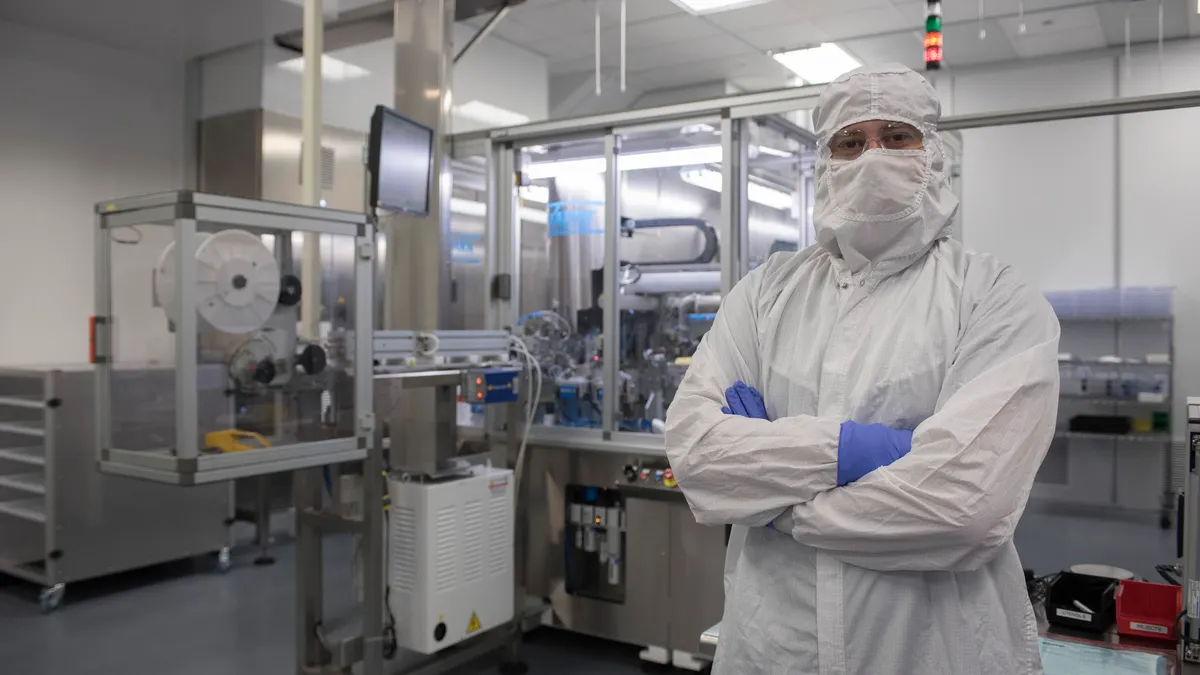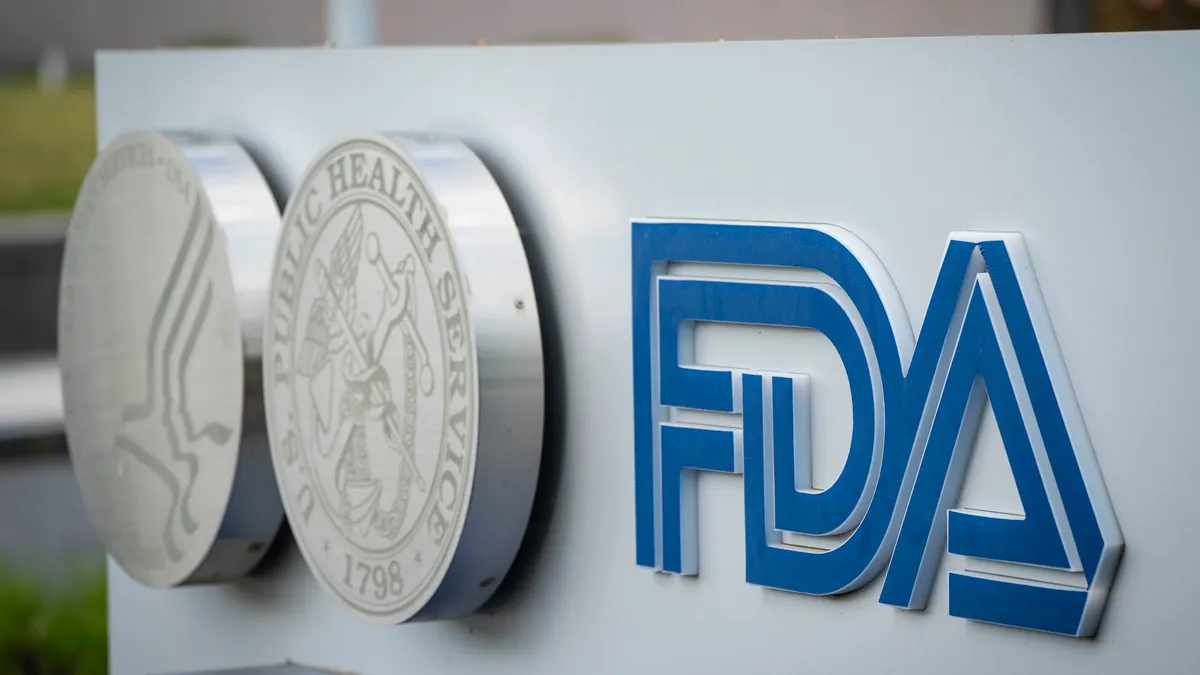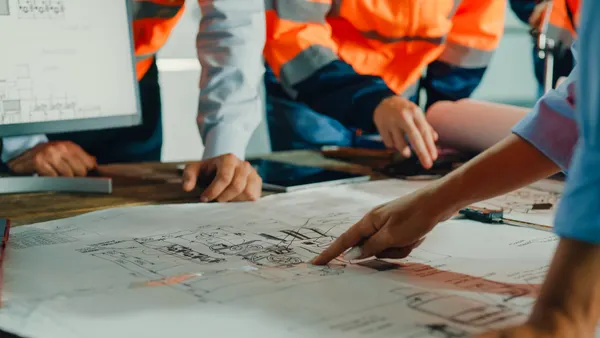There has been a steady increase in the proportion of injectable drugs in the clinical development pipeline, with such drugs now comprising a majority of the pipeline. In addition, drug molecules are increasingly utilizing the combination product route to market and biopharmaceutical companies increasingly looking to outsource drug handling, fill finish, and device related manufacturing, resulting in a greater demand for contract manufacturers to support clinical builds (drug/device assembly, packaging, and kitting) of the combination product.
As a vendor of both primary packaging components, systems and as a partner for contract services, we have heard from a number of our customers that having a pre-qualified, flexible, drug & device assembly equipment, that offers significant time and capital investment savings, while de-risking and streamlining their supply chain in pre-launch, and early commercial phases of their drug would be a highly desired service offering. In addition, customers also highlighted strong desire for the offering to be more holistic and include cold chain storage, support for design verification, release testing, packaging design, and shipping to the next stage of the drug workflow.
This led us to develop a flexible assembly and packaging cell (fully operational in Q1 2026), in a Class 8 ISO cleanroom, capable of performing all the functional steps needed to support clinical and early commercial volumes of pens and autoinjector drug delivery devices for the purposes of verification testing, human factor studies, patient studies, etc. The cell will be pre-validated to support a number of popular formats of platform pens and autoinjectors, thereby significantly reducing the transfer time needed to initiate manufacturing operations. A schematic and description of the cell is provided below:
Final Assembly: loading of pen/autoinjector components, verification of presence and correct orientation of all parts, assembly and verification of acceptable assembly based on a force profile, offloading of accepted assemblies.
Labeling: generation and application of label on pens and autoinjectors.
Cartoning: erecting and loading of cartons with pens/autoinjectors and literature in a pre-established configuration, gluing of top flap, and exit of completed and sealed cartons.
Check Weigh: loading filled, unlabeled cartons into the system, followed by equipment verification of acceptance criteria, and either acceptance and subsequent processing, or rejection into rejection bin depending on verification outcome.
Non-serial/Serialized Labeling: label system prints onto carton and vision verification system verifies all printed information is correct and readable.
Aggregation: cartons that are transported to aggregation workstation, where the cartons are loaded into final-shipper-case.
In addition, the cell is complemented with analytical testing capabilities to both verify identity of incoming drug product, as well as perform mechanical tests to characterize device performance; some of those tests are listed below for reference:
• Activation force
• Drop and breakage
• Dose accuracy
• Dose time
• Needle shielding/hiding length
• Needle shield over-ride force
• Needle extension length
• Cap removal force
• Needle attach/detach torque
• Last dose testing
• Injection force
• Particulates (USP <788>, <789>)
In summary, this article is meant to highlight how West Pharmaceutical Services, constructed a service capability to enable biopharmaceutical companies to gain access to assembled and packaged drug delivery devices in clinical volumes with having to make substantial capital investment in facilities and equipment, and while accelerating their timelines in moving forward with critical steps that are essential for completing clinical trial phases with their drug delivery devices.









